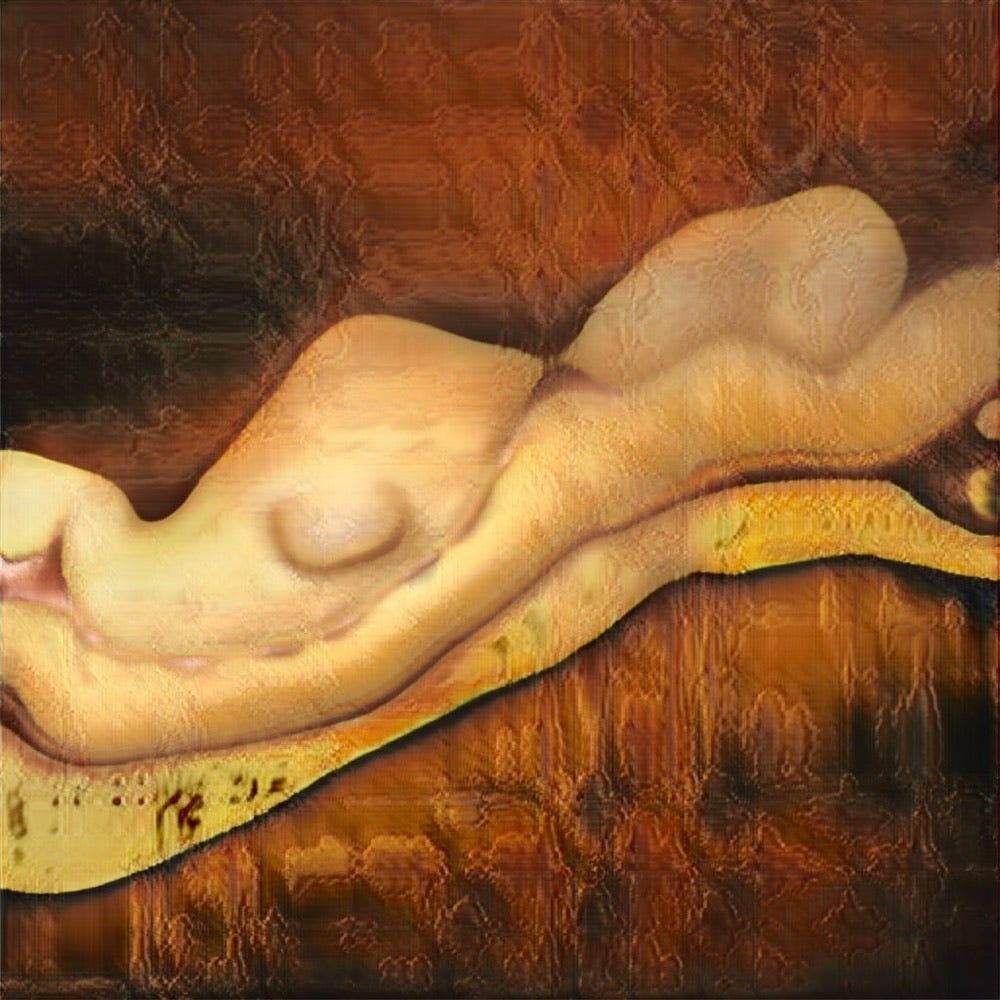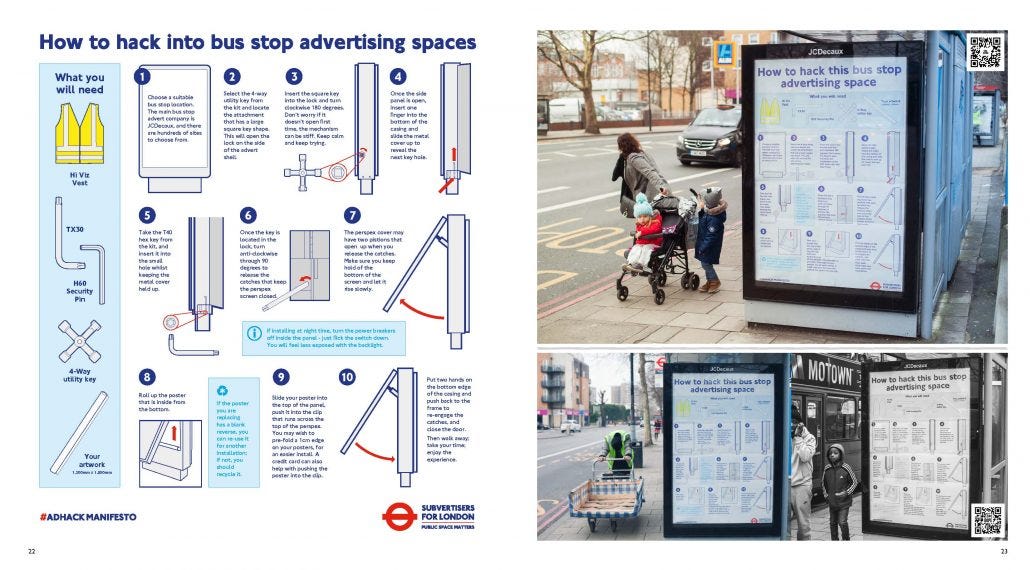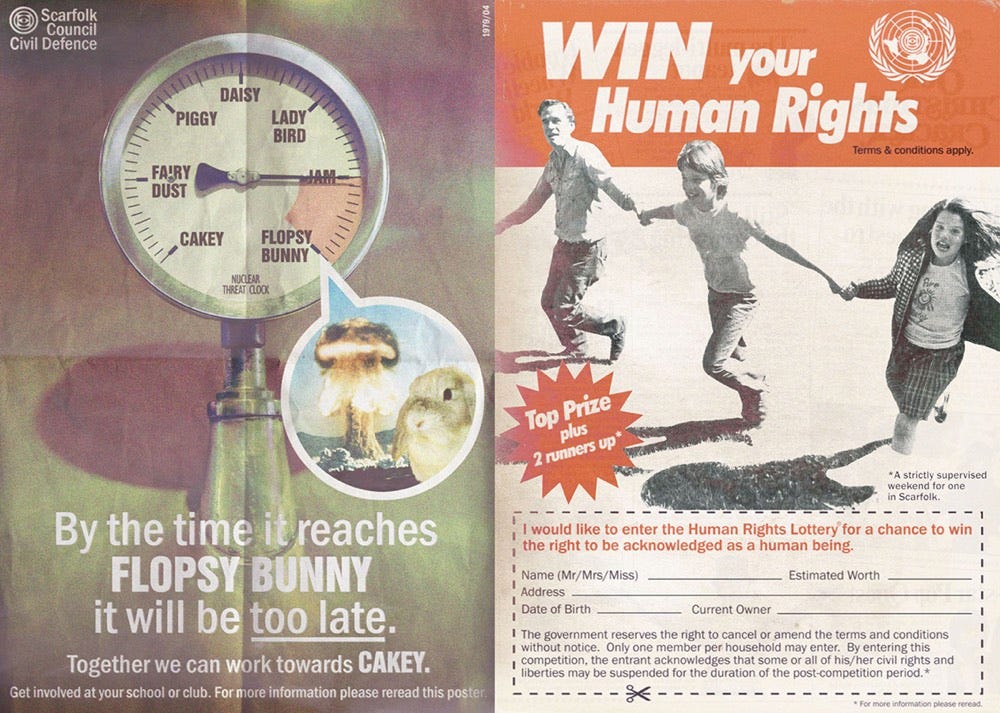#70: Man's Search for Meaning

Happy Friday!
I read a lot of books. Not a ridiculous quantity, like my sister, but a lot. I also make a lot of spreadsheets. Not a ridiculous quantity, like my dad, but a lot. Putting those two aspects of my nature together, I can tell you things like:
I read an average of 32.7 books a year.
About a quarter of those will be fiction.
I also give up on an average of 6.9 books every year.
In the last 5 years, I have given 45 books a rating of 5 out of 5. That's 27% of all the books I've read.
Only 1 book in 202 has scored 1 out of 5. Most of the books in this category I don't finish, and therefore don't score. This one I finished, and it was irritatingly bad. It was by Jeffrey Archer.
Every now and again I read a book that defies my rating scheme. If I was a different sort of person, a more devil-may-care sort of person, then I'd break my 5-point rating for books like this.
This week I read such a book, after finding out that Alastair Humphreys reads it every year: Man's Search for Meaning by Victor Frankl.
Victor Frankl was a psychotherapist who survived for three years in the concentration camps of Nazi Germany. If anyone can talk about the psychology of finding meaning in seemingly meaningless places, it's him.
Nearly every page of my library copy is littered with scraps of paper, marking sections that I'd like to remember and re-read. I've already ordered my own edition so that I can make more of a mess of it.
Victor Frankl's central fascination is with, as the title would suggest, man's search for meaning, and its importance to our feelings of satisfaction, or happiness. His observation in the concentration camps was that it was the men (he was only ever billeted with other men) who had something to live for who were most likely to survive the starvation, disease and physical and mental abuse. Nietzsche nailed this idea when he wrote that: 'A man who has a why to live for, can withstand almost any how.'
Frankl describes three ways we can find our whys; three ways man can find his meaning:
Through our actions, including the act of creation and what we call 'work'.
Through the appreciation of natural beauty and art; or through the 'encounter' of another human being. Love, in other words.
Through suffering.
The first two are almost obvious; the third is more surprising. But Frankl's analysis is almost impossible to critique: who else can say that they have observed suffering in such depth and detail as he? He quotes Dostoyevsky: 'I long to become worthy of my sufferings.' The idea is that, even when there is nothing to life but suffering, man can choose to suffer in a particular way, in a way that transcends the baseness of his tortuous physical experience.
With as dark a metaphor for someone who survived Auschwitz as you could imagine, Frankl describes how human emotion, suffering included, is like gas released into a room. No matter how many molecules of gas there are, it expands to fill the whole of the room. The room is man's capacity for feeling: whatever the relative 'size' of the suffering, it will expand to fill the whole of his experience in that moment.
Think about that for a moment. Victor Frankl is saying that a minor annoyance, like breaking your shoelace while on holiday, fills the same 'room' of emotion in a human being as starving to death in a concentration camp, infected with typhus, while being whipped by a sadistic Nazi.
Not only that, but he thinks this suffering is an opportunity to find purpose and meaning in life. Wow. What can you say when confronted by an idea like that?
Quite often, cycling is a pain in the ass. I do it because it's preferable to the even more annoying and expensive public transport alternative. But quite often I'm a pissy cyclist, navigating through the stinking traffic of London, very much wanting to be elsewhere.
But after reading Victor Frankl, how can I use his ideas to change my experience? What is my immediate purpose in these moments of cycling frustration? I have a choice.
'What is the meaning of life?' isn't a question that we can ask of life; it's a question that life asks of us. And it changes. We can find very different meanings under different circumstances: sometimes we find meaning in our work, sometimes in the appreciation of a sunset or in the arms of a lover - and sometimes we find meaning by transcending our suffering.
Okay, so cycling through London isn't digging trenches for your dead comrades in Auschwitz. It is, however, my breed of suffering. I can choose to suffer in a particular way that gives purpose and meaning to my experience. So I thought I'd give it a go. For the rest of this ride, I'll suffer with kindness and courtesy to my fellow road users. That's where I can find a self-transcending purpose in my suffering: I can try to make other people's journeys a little easier.
And it works. It really does. It made my experience more bearable, enjoyable even. I stopped to let pedestrians cross ahead of me; I saluted drivers coming the other way; I waited at all the red lights. Instead of just cycling, I turned the ride into something purposeful, and with that comes a sense of flow and, not least, pleasure.
What I'm trying to say here is: read this book. If you've already read it then read it again, like Alastair Humphreys. Pay special attention to the words because what greater authority on man's search for meaning could there be?
We are fortunate to have books: clumsy dollops of other people's brains that implant a sense of their ideas and experiences into ours. I don't know anyone who has survived a death camp. What a privilege to hear directly what this man learnt from the depths of human anguish.
PUBLIC SERVICE ANNOUNCEMENT
This newsletter goes out to 120 beautiful people every week.
If you'd rather not receive it - and that's cool, I unsubscribe from cleverer, funnier mailing lists all the time - let me know or simply hit the self-destruct button below.

Fancy hacking bus shelters or striking in McDonalds?
I'm selling DOPE
Are you buying?

"I felt dread when the news would come on. I got to the point where I would turn it off in a near state of panic. It was a gradual progression that went from me being someone who watched the news daily to someone who could no longer stand it."
Hear hear!
via Positive News
OUTPUT >>
As you may have noticed, this mailing list is the engine room of my blogging. Here's some you might have missed:
Why I sauna (March)
From a log in a quiet noisy place with mud underfoot (March)
Work is the Opposite of Worry (March)
Options for Dealing with Squatting: A Mockumentary Radio Play (February)
Foiled Series 2: A Sitcom Writer’s Diary (February)
No No Aeroplanes: 98 Months and Out (February)
...COMING UP...
A peripatetic week between London, Bournemouth and, hopefully, Wales.
Predominantly Foiled, with a healthy dose of Bike Project copy-writing.
Plenty of time for running, saunas and swims in the sea!

Early bird tickets for Jokes and Spokes, the annual Bike Project fundraiser are still on sale, but only until the end of March. With Sara Pascoe, Rachel Parris, Andy Zaltzman, Robin Ince and Phil Wang. June 12th in London. Funny guaranteed.
LIKE WHAT YOU SEE?
If you enjoy reading these weekly newsletters, then you probably know someone else who would too.
I made a button for that as well.
Godspeed on your search for meaning!
Much love,
- dc
CREDITS
David Charles wrote this. When not writing this, David co-writes BBC Radio sitcom Foiled, does copywriting for The Bike Project and the Elevate Festival, and volunteers for refugee youth club Young Roots. He is almost always available for work. davidcharles.info // @dcisbusy

For more information, please re-read.
Via Kottke.org.


